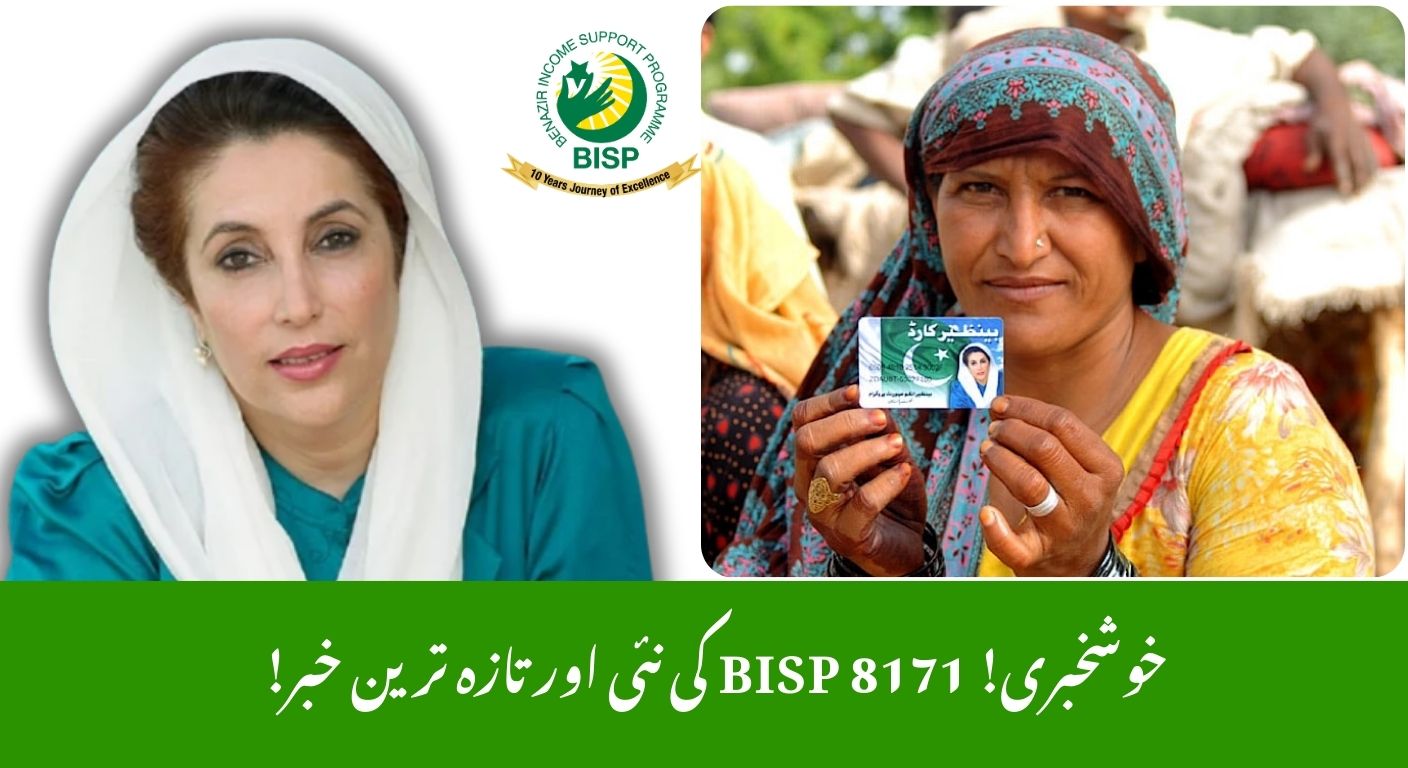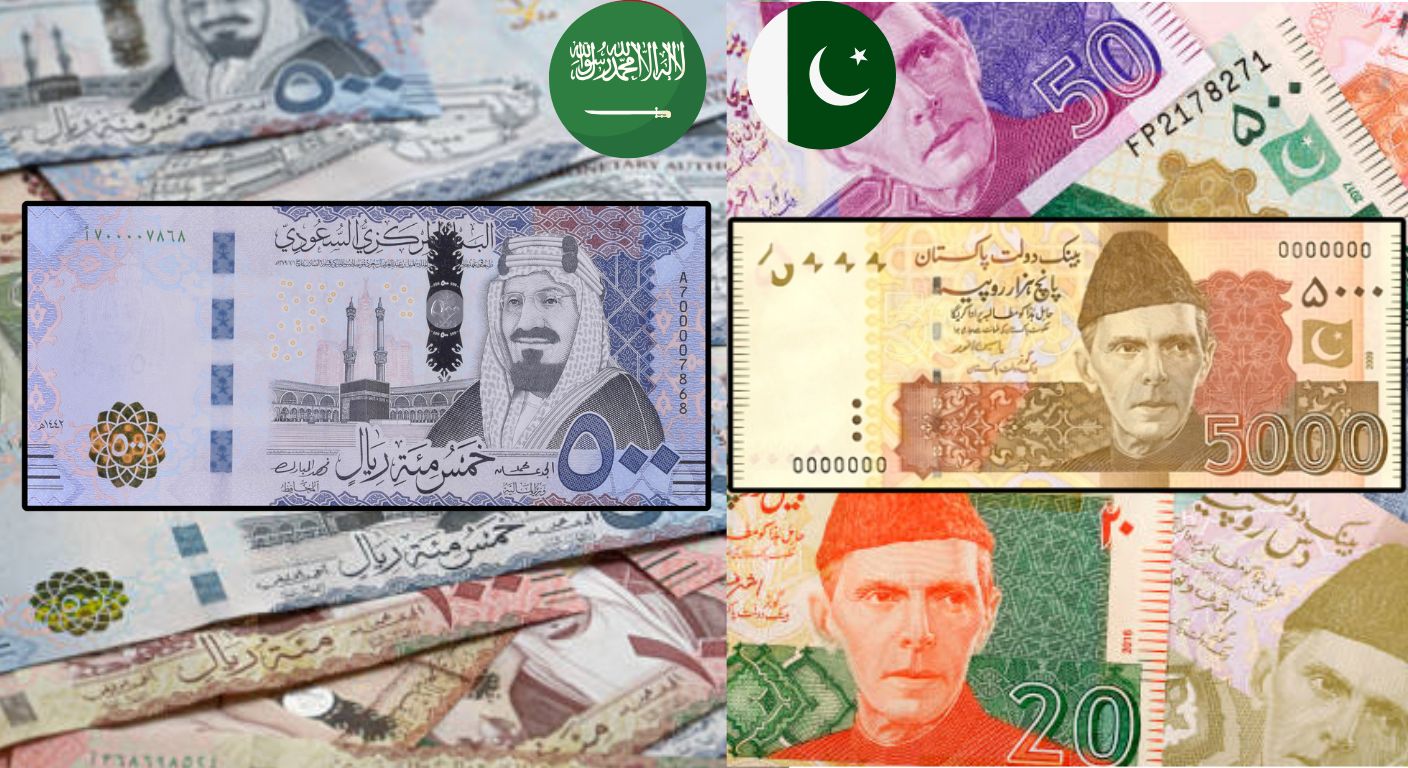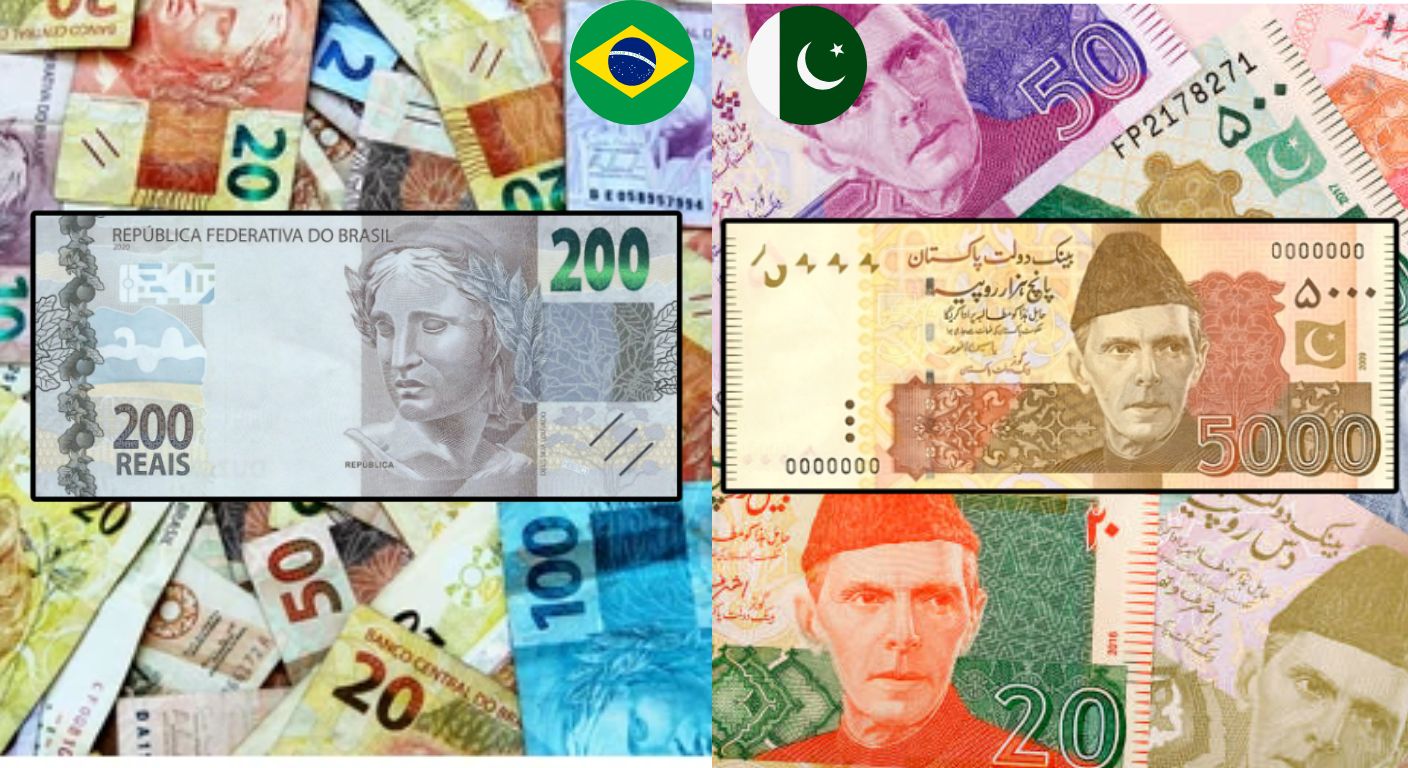In October 2025, the BISP program underwent significant changes. Around 820,000 women were disqualified from receiving payments under BISP 8171. This decision stirred public debate, highlighting ongoing challenges in managing eligibility and fairness. The disqualifications were part of the government’s effort to update the poverty data and ensure that assistance reaches those who genuinely need it.
Phase 2 of BISP payments also continued this month, aiming to deliver timely cash transfers to millions of eligible women. The program continues to operate primarily through mobile payments, allowing beneficiaries to receive funds directly, reducing delays and dependency on intermediaries.
BISP: A Blend of Welfare and Politics
While BISP has undeniably helped lessen poverty, it has also been connected with political impact since its inception. Named after former Prime Minister Benazir Bhutto, the program carries historical and political importance. In the early years, beneficiary selection was often inspired by using political connections, with households from ruling party areas receiving priority.
To address this, BISP introduced the Poverty Scorecard in 2009, a tool that measures household income, assets, and living conditions to determine eligibility. This reform reduced political bias in selecting beneficiaries, increased public trust, and created a nationwide database to track poverty levels more accurately.
Despite these reforms, political factors continue to play a role. During elections, politicians sometimes highlight or expand BISP support to gain loyalty, and certain areas aligned with ruling parties may receive more attention. This dynamic, known as clientelism, is not unique to Pakistan; many countries, including Brazil, Mexico, Kenya, and India, face similar challenges where welfare programs intersect with politics.
Positive Impact Amid Challenges
Even with political complexities, BISP has achieved significant social outcomes:
- Millions of families rely on its cash transfers for basic needs.
- Women have gained financial independence and a stronger role in household decision-making.
- Poverty rates have decreased in many targeted communities.
- Access to education and healthcare has improved due to stable support.
Moving Forward: Ensuring Fairness
To make BISP more effective and equitable, several steps are crucial:
- Transparency: Public access to beneficiary lists can reduce misuse.
- Updated Data: Regularly refreshed poverty data ensures assistance reaches the needy.
- Equal Access: Support must not depend on political geography or party affiliation.
- Citizen Participation: Community monitoring, media oversight, and awareness programs can help hold the system accountable.
Conclusion
The October 2025 updates to BISP spotlight both this system’s essential position in supporting vulnerable families and the continuing assignment of keeping welfare free from political influence. With the right reforms, transparency, and citizen engagement, BISP can remain a key pillar of Pakistan’s social safety network.







